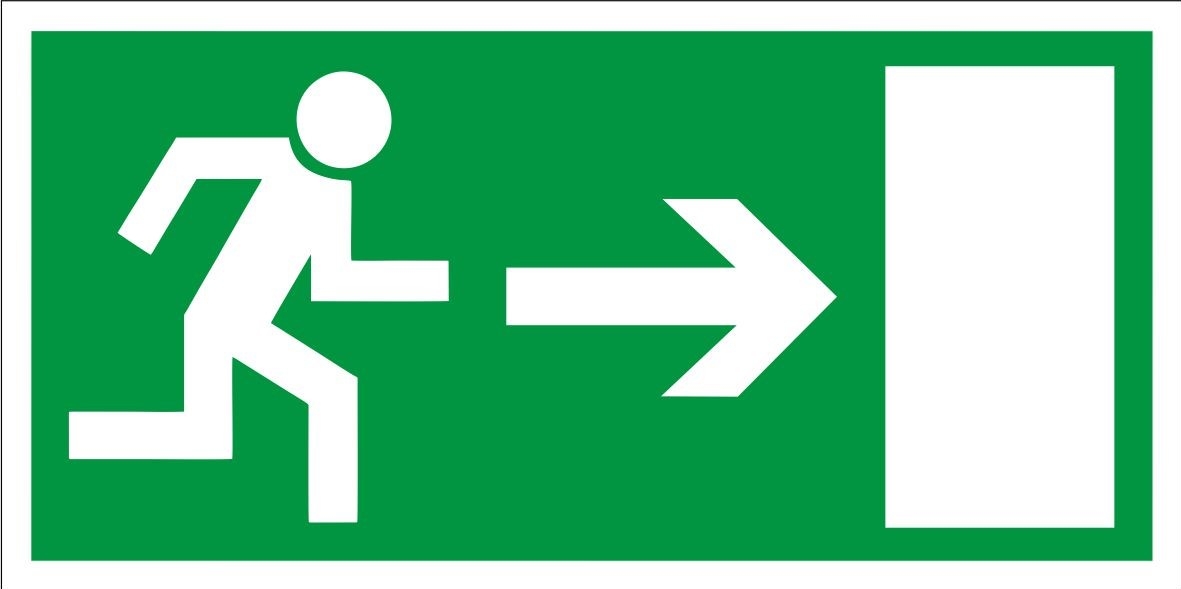Evacuation from a building or area threatened by an emergency to safety.
Evacuation is a summary of measures for the quick, safe, and efficient relocation of people, animals, and property from a building or area threatened by an emergency to safety.
Do not use elevators to evacuate; follow signs indicating escape routes and exits.
What to do and what not to forget during self-evacuation?
- Evacuate the building immediately.
- Turn off all gas and electric appliances, turn off the lights, and turn off the water.
- Extinguish open flames. (General Terms and Conditions prohibit the use of open fire!)
- Take something to wear, such as trousers, a coat or a jacket.
- Don’t waste time packing other things like electronics or other items.
- For small children, put a tag with the name and contact information of the parent in their pocket.
- Make sure others in the building know about the evacuation.
- Help small children, the elderly, the disabled, or otherwise handicapped.
Who and when can order an evacuation?
Evacuation is authorized to be ordered by the rescue operations commander, the employer for his facility, the mayor of the municipality within the territory of his municipality, the mayor of the municipality with extended powers (ORP) for his administrative district of the ORP, and the governor of the region for part of the territory of his region. Today, evacuation is most often encountered, for example, during fires in high-rise buildings, shopping centers, and cultural facilities, when an explosive device is reported, during floods and leakage of dangerous substances, or when weapons, explosives, and ammunition are found in apartments or buildings. If there is imminent danger, we will learn about the evacuation, for example, from the incident commander, the employer or the building manager, the local radio, the police or fire brigade radio cars.
Do we have to heed the calls to evacuate?
Citizens must obey the intervention commander’s calls to leave the area or object in an emergency following the provisions of § 25 paragraph 2 letter a) of Act No. 239/2000 Coll., on the integrated rescue system. Disobeying the call means not only making the work of the rescue services more difficult but also endangering the health and lives of evacuees and rescue workers performing the intervention. If the person refuses to be evacuated, they must prove their identity, and administrative proceedings for the offense are subsequently initiated. A person may be fined up to CZK 100,000 for refusing to evacuate.
More information
- More information from the HZSCR Fire Rescue Service of the Czech Republic.
SÚZ / FMD
